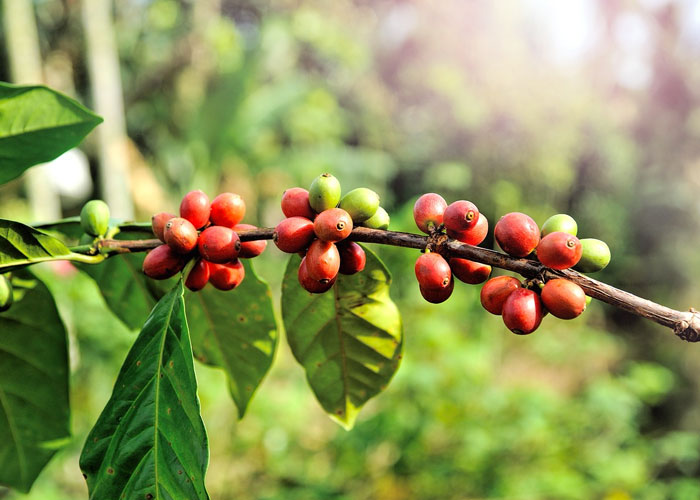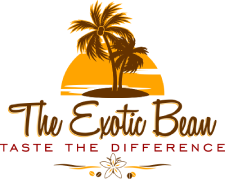The Three Types of “Organic” Products

Finding organic products in the supermarket or out in the world can often be confusing. Some products call themselves organic or certified organic, others USDA-certified organic, while still others may say, “made with organic ingredients.” So, what does it all mean?
First, it’s important to know that if any product is labeled organic and does not have the USDA-certified organic seal, then it could have just about anything in it. If you don’t see the USDA mark, do not trust your item to be organic. In fact, a product cannot claim to be organic on its main display panel unless it is USDA-certified. It can only identify certified organic ingredients and their percentage on the information panel.
However, within the certified organic or USDA-certified organic designation are three different categories, and it’s important to know which is which. According to the USDA, the types of “organic” labels that are acceptable are:
1. Made With Organic Ingredients
This is the least organic of the USDA-approved organic products and will not have the USDA seal. This may be the product you are thinking of when you see a product labeled “organic,” as opposed to USDA-certified organic. The only requirement for this category is that the product needs to have at least 70 percent organically produced ingredients, not counting salt and water.
These products further need to indicate which products are organic (and by elimination, which are not) with an asterisk on the ingredients panel, or with the word “organic” (e.g. “organic tomatoes”).
2. Certified Organic
These products will say “organic” and may have the USDA seal. But be careful! The USDA allows products to use its seal and claim to be organic as long as they have at least 95 percent organic ingredients, not counting salt and water.
This means that up to five percent of the ingredients can be non-organic, and could contain almost anything, including the types of chemicals or ingredients you are trying to avoid by purchasing organic products.
3. USDA-Certified 100 Percent Organic
The key things to look for in this category are both the USDA-certification mark and the label that reads, “100 percent organic.” The USDA does not allow a product to make this claim unless the product is completely organic, with 100 percent organic ingredients.
This typically means that the product is made from raw, unprocessed farm products or value-added farm products without additional ingredients. If you really want to be sure your product is entirely organic, this is the designation you want to look for the most.

What About Organic Certification When It Comes to Coffee?
The Exotic Bean sells fair-trade, shade-grown coffee that is USDA-certified organic. We work directly with Paradise Mountain growers in Thailand to bring this uniquely rich and flavorful coffee directly to you.
It’s important to note that the USDA and the USDA seal does not ensure that the product being made is grown and distributed according to fair working conditions. When it comes to our coffee, we can promise you that not only do our beans come from an organic source, but they also come from a process that works to ensure all farmers, growers, distributors, and other workers along the supply chain are being treated fairly.
To try delicious USDA-certified, shade-grown, fair-trade Paradise Mountain coffee for yourself, just call 844-571-1237 or 410-630-8480 or contact The Exotic Bean online to place your order today.
